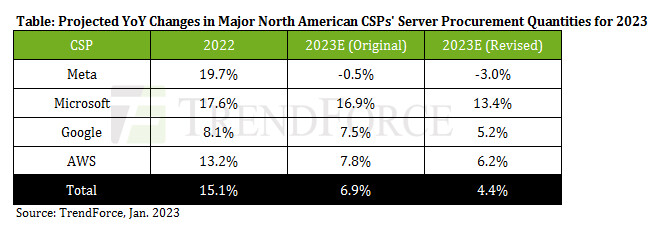I expect that Canon will stay in the top two positions, but one fact I am certain of is that I no longer recommend Canon to anyone entering the field of photography, and for exactly the 3rd Party Reason. I also know for a fact that in my immediate circle of photographers, both amateur and professional, none of the Canon users are recommending Canon to those entering the field for exactly that reason. Those are cold, hard facts.
This seems to me to be very bad advice and something I personally would not do. I don't get asked a lot about cameras, but if I do, I tell them why I chose Canon, but also let them know that both Sony and Nikon are good brands as well. In my experience, most new buyers are driven by price, so the best advice I can give is to explain what they get for spending extra money on different levels of bodies. Of course, with fewer Canon R bodies than DSLRs, it's much easier to differentiate than it used to be with the myriad of Rebel bodies. If asked about Nikon or Sony I simply say they are good cameras as well, but that I'm not familiar with what they offer, but they should look for the same kinds of features in those bodies as well.
Telling someone to buy a particular brand because of the availability of cheaper third-party lenses seems like just letting personal bias color your advice. If the person ever gets serious about photography, they are likely to want to buy original manufacturers' lenses so pitching the availability of third party lenses as a deciding factor is kind of a disservice. It's also a bit dishonest not to point out that Canon has adapters that allow all EF/EF-S mount lenses from Canon and third-parties to work seamlessly on the R bodies. But then, maybe you conceal that information because it doesn't fit with your narrative about Canon.
...We can safely say that they will sell fewer cameras than they otherwise would have.
How can we safely say that? I doubt you have any data to back up that statement.
...If Canon's margins are significantly larger than, say, Sigma's margins, then it is easy to see that they still may pull off more Canon sales despite their policy for the simple fact that the salesperson in the camera store knows they will make more $$ selling a Canon lens than a Sigma lens. That is data I do not have and it could tip the scales in favour of Canon despite their policy.
Assuming, of course, that the person shops in a camera store. Which is almost impossible to do in the U.S. unless you live in a very large city. Also, the camera store clerk only benefits in your scenario if they work on commission, rather than being an hourly employee. On top of that, the store clerk may recommend the manufacturer's brand for other reasons, such as reliability and customer satisfaction.
Frankly I'm getting a bit tired of all the whining about third-party access. Two facts the whiners ignore:
1) For decades, third-party manufacturers produced lenses without licensing agreements and without violating patents. Nothing stopping them from still doing that.
2) If Canon finds that they are losing sales because they don't offer licensing agreements, they will reverse course and offer those agreements.



